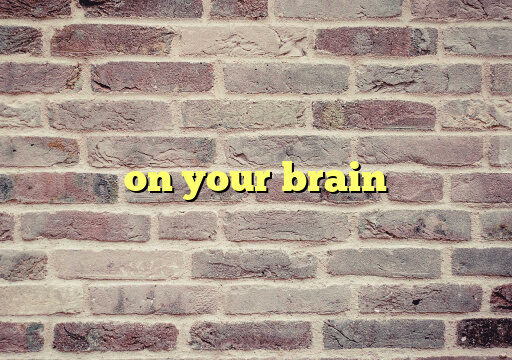Human memory is a complex and fascinating aspect of our cognition. It allows us to store and retrieve information, experiences, and emotions, shaping our perception of the world around us. But how exactly does memory work? What are the different types of memory, and how do they function? In this article, we will delve into the intricacies of human memory and explore some of the latest research in the field.
Types of Memory
There are several different types of memory, each serving a specific function in our cognitive processes:
- Short-term memory: Also known as working memory, this type of memory allows us to temporarily store and manipulate information for a short period of time.
- Long-term memory: Long-term memory is responsible for storing information over a longer period of time. It can be further divided into explicit (declarative) memory, which involves conscious recollection of facts and events, and implicit (procedural) memory, which is unconscious memory of skills and habits.
- Episodic memory: Episodic memory is a type of long-term memory that involves remembering specific events and experiences in detail.
- Semantic memory: Semantic memory is a type of long-term memory that involves general knowledge and facts about the world.
How Memory Works
Memory is a complex process that involves encoding, storing, and retrieving information in the brain. When we experience something, sensory information is first processed in different areas of the brain before being transferred to our short-term memory. If we pay attention to this information and rehearse it, it may be transferred to our long-term memory for storage and future retrieval.
When we recall a memory, different regions of the brain are activated, depending on the type of memory being retrieved. For example, episodic memories are usually associated with the hippocampus, while semantic memories are tied to different regions of the cortex.
Factors Influencing Memory
Memory is influenced by a variety of factors, including age, genetics, health, and environment. As we age, our memory capabilities can decline, leading to forgetfulness and other cognitive impairments. Genetics also play a role in memory function, with certain genes affecting our ability to encode and retrieve information.
Health conditions such as Alzheimer's disease and other forms of dementia can also impact memory, leading to severe memory loss and cognitive decline. Environmental factors, such as stress, sleep deprivation, and trauma, can also affect memory function and retrieval.
Future Directions in Memory Research
Researchers are constantly exploring new avenues in memory research, using advanced technologies such as brain imaging and neuroimaging to uncover the underlying mechanisms of memory formation and retrieval. By understanding how memory works at the neural level, scientists hope to develop new treatments for memory-related disorders and improve cognitive function in individuals of all ages.
Conclusion
Human memory is a complex and intricate process that shapes our perception of the world and influences our daily lives. By understanding the different types of memory, how memory works, and the factors that influence memory function, we can gain insight into the inner workings of our cognitive processes. Continued research in memory science will undoubtedly lead to new discoveries and advancements in the field, offering hope for individuals struggling with memory-related disorders.
FAQs
Q: Can memory be improved?
A: Yes, memory can be improved through various techniques such as mnemonic devices, cognitive training exercises, and a healthy lifestyle that includes regular exercise, proper nutrition, and adequate sleep.
Q: What is the role of emotions in memory?
A: Emotions can play a powerful role in memory formation and retrieval, as emotionally charged events are often better remembered than neutral events. This is known as the emotional enhancement of memory.
Q: How does memory change with age?
A: As we age, our memory capabilities can decline, particularly in terms of episodic memory and working memory. However, semantic memory tends to remain relatively stable with age.
Unlock Your Mental Potential

